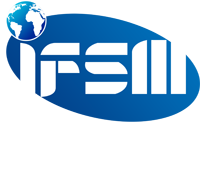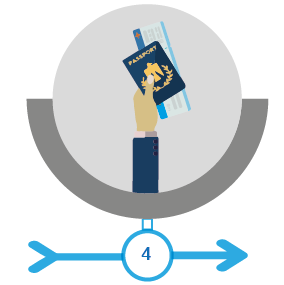History of Russian Higher Education
 1687
1687Founding of Slavic-Greek-Latin Academy, the first university in Russia.
 1724
1724Founding of Petersburg Academy of Sciences, the forerunner of the current Russian Academy of Sciences.
 1755
1755Founding of Moscow State University (since 1940, M. Lomonosov MSU).
 1870
1870First higher courses for women are opened.
 1899
189956 universities operating in Russia.
 1904
1904Distinguished Russian scientist Ivan Pavlov, a graduate of the Petersburg University (now SPbGU), is the first Russian to be awarded the Nobel prize for research on the physiology of digestion.
 1913
19134 500 people teach in higher education in Russia, 127 400 people study at universities across the country.
 1917
1917150 universities in Russia.
 1918
1918Russia is the first country in the world to make higher education free. A decree is passed which allows workers to be admitted to university from the age of 16. This right is extended to all regardless of citizenship, sex, or possession of a school leaver’s certificate.
 1918-1919
1918-1919Dozens of new universities are created. They are mainly established in the major cities of the Soviet Republic.
 1928
1928The first polytechnic institutes are founded.
 1930
1930During reform of higher education, universities are subordinated to governmental agencies. They create industrial institutes based in the faculties of major universities. In the 1930s, over 40 teaching, medical, economic and other institutes are founded. Academic departments were assigned to research institutes. The first evening and correspondence departments and institutes are opened.
 1944-1945
1944-1945A fund of thesis papers is created.
In the last years of the Second World War, 60 new universities are opened.
 1950-е
1950-еConsolidation of universities takes place as part of efforts to improve the quality of education. Universities and departments for education specialists in the field of radioelectronics and electronic and computer engineering, automatics, biological physics, and biochemistry are opened.
 1981
1981494 state universities operate in the USSR.
 1990
1990180 000 international students at educational institutions in Russia.
 2003
2003Russia signs the Bologna Declaration becoming part of the single European higher education system.
 2007
2007Bachelor’s, Specialty and Master’s Programmes are introduced in Russia.
 2010
2010Graduates of MIPT Andrei Geim and Konstantin Novoselov are awarded the Nobel Prize in Physics for the discovery of graphene. Russia has given the world a total of 42 Nobel Prize winners.
 2013
2013Law expanding citizens’ rights to education comes into force and establishes requirements for educational programmes and standards, guaranteeing compliance with global education standards.

The Russian Academic Excellence Project 5-100 is launched, which aims to increase the competitiveness of leading Russian universities at the international level.
 2014
2014More than 50 Russian universities are ranked among the best universities in the BRICS countries by the British company Quacquarelli Symonds (QS). Twenty of them are in the top one hundred.

Seven Russian universities make the top 100 list of the best universities in the BRICS countries and other emerging economies of the world by respected UK publication Times Higher Education.

There are 896 universities in Russia.





